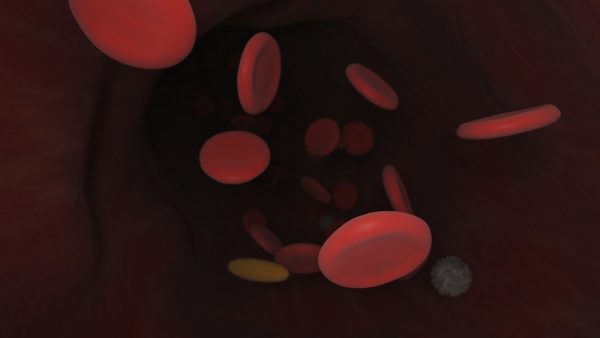A molecule produced by some cells discovered at the University of Trento which would be able to counteract the replication of the HIV virus.
A team of researchers from the Center for Integrated Biology of the University of Trento has revealed how some cells in our body are able to produce a very powerful natural inhibitor, which can block the proliferation of the virus responsible for AIDS. This antiretroviral protein has been called Serinc5 and it is supposed that, in addition to acting against this dangerous virus, it can also have an effect on similar viruses.
The study’s main signatory, Dr. Pizzato, explained how this protein can prevent the virus from infecting other cells. To reproduce, the HIV virus needs to exploit the host cell replication system (CD4 + lymphocytes): in this way, it can quickly produce thousands of copies of itself, which come out of the cell killing and infecting others. Following infection and massive viral replication, the lymphocytes gradually die and cause a deficiency of the immune system, which then leads to the onset of AIDS.
Serinc5 is a protein located on the membrane of infected cells: when the virus escapes, Serinc5 is inserted into it and, with a complex biological mechanism, prevents it from infecting other lymphocytes.
To give greater importance to the discovery, even a team from the University of Massachusetts independently achieved the same results, albeit using a different method. Both studies have been published in the prestigious journal Nature, representing an important step forward in the fight against HIV.
Currently, there is no cure for this lethal disease, but only a therapy that, although working very well, is not able to eradicate the presence of the virus from the body. The antiretroviral therapy used today slows the progression of the infection very much, allowing HIV-positive people to live an almost normal life, without developing AIDS for many years. The HIV virus now represents a pandemic and, in 35 years since its discovery, has caused 40 million deaths worldwide.
